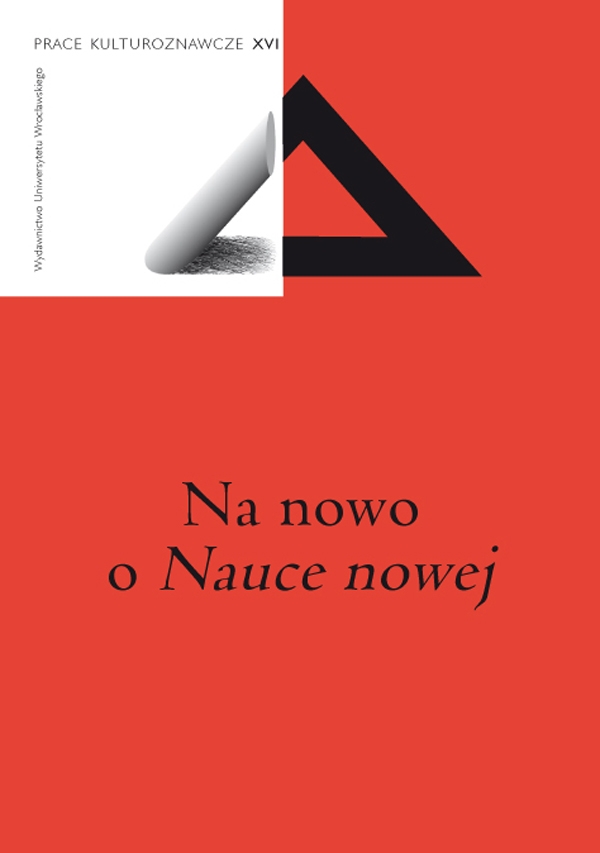

Strony redakcyjne

The contemporary reception of Giambattista Vico’s theological thought
Eclectic writings of a Neapolitan philosopher, Giambattista Vico, have been a subject of an ongoing quarrel between the adherents of Enlightenment and those opposed to modernity. Traditional reading interprets Vico as a profoundly modern mind, forced to implementreligious elements in his works as means of avoiding Inquisitional persecution. However, in recent years more and more scholars seem to perceive the religious dimension as integral or even pivotal for the understanding of New Science. As Mark Lilla suggests in his papers, theological and metaphysical education have left an indelible mark on Vico, who in his grand masterpiece tried to defend faith and faithful against modern skepticism. The author then goes on to present and compare the reception of Vico’s writings in the thought of John Milbank and Joseph Ratzinger. Both theologians agree that Vico’s statement verum esse ipsum factum has substantial consequences for the perception of the relations between God and the made — they differ, however, in the assessment of the said statement. For Milbank this claim is orthodox, while Ratzinger sees it as a beginning of specifically secular approach to reality.